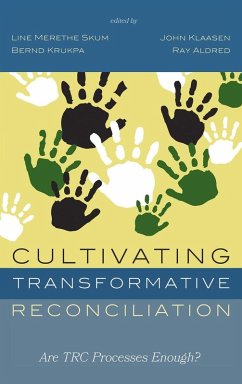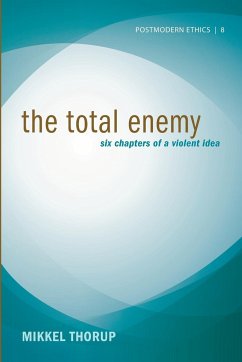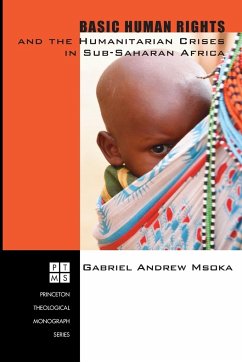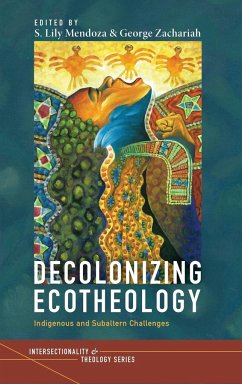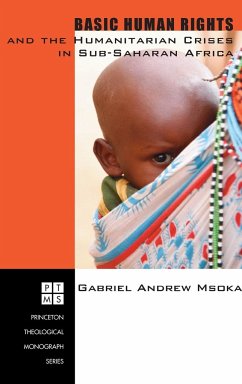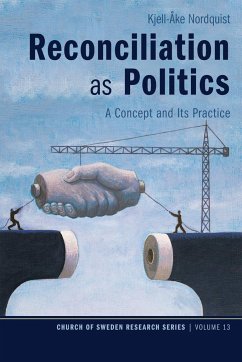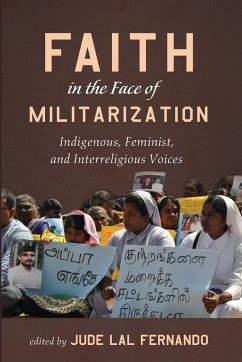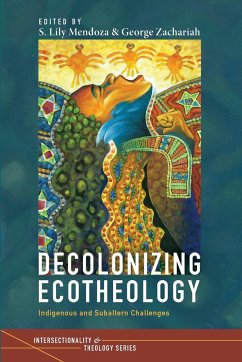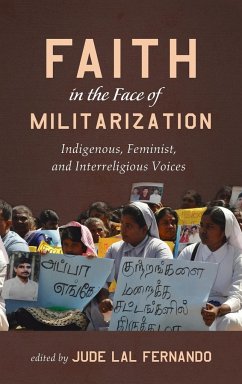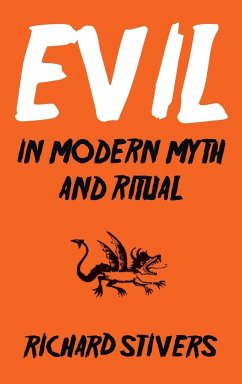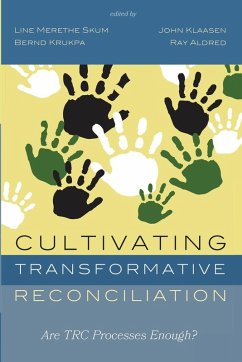
Cultivating Transformative Reconciliation
Versandkostenfrei!
Versandfertig in 1-2 Wochen
32,99 €
inkl. MwSt.

PAYBACK Punkte
16 °P sammeln!
Are Truth and Reconciliation Commission processes enough to achieve reconciliation? This volume discusses issues that arise once the task of reconciliation emanates from the limited scope of a specific Truth and Reconciliation Commission and into the larger society and political system that originated it. Scholars spanning several research fields, from law to history to theology, discuss how transformative reconciliation can be cultivated in a society, using decolonization and other perspectives, along three lines: by specifying transformative issues and processes in law and politics, by criti...
Are Truth and Reconciliation Commission processes enough to achieve reconciliation? This volume discusses issues that arise once the task of reconciliation emanates from the limited scope of a specific Truth and Reconciliation Commission and into the larger society and political system that originated it. Scholars spanning several research fields, from law to history to theology, discuss how transformative reconciliation can be cultivated in a society, using decolonization and other perspectives, along three lines: by specifying transformative issues and processes in law and politics, by criticizing historical perspectives on the past and its concepts as deliberations of the status quo, and by instilling the inherent dynamics of truth and reconciliation processes as permanent features within broader society. The volume embarks on an investigation of the Norwegianization policy, a historical framework that brought injustices upon minority groups, such as the Sami and Kvens (Norwegian Finns) in Norway, and parallel groups in Sweden and Finland. It extends its exploration to analogous unjust policies in South Africa, Canada, and various other contexts. Within the complex web of cultural, social, political, and economic struggles stemming from colonial policies, the roles of religion, politics, research institutions, and civil society are critically examined.





